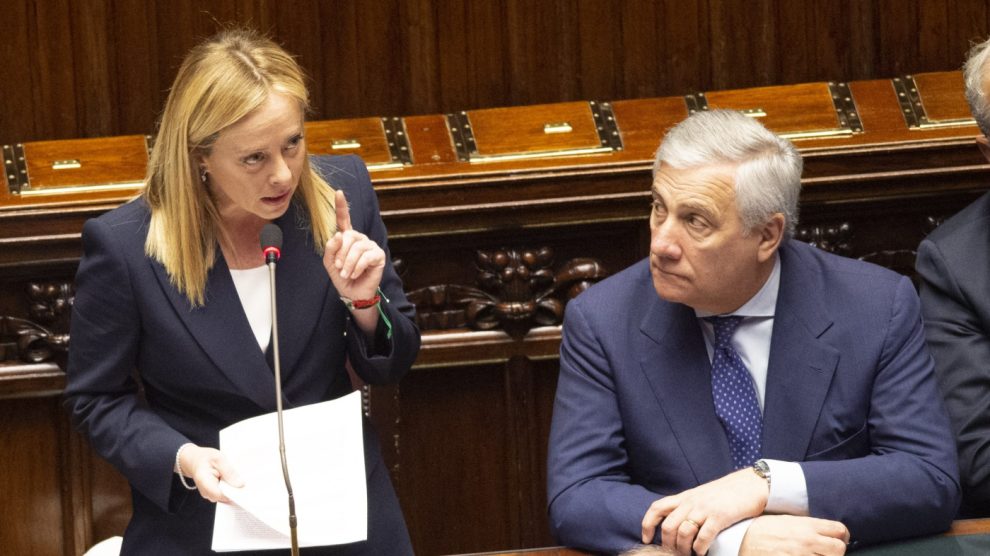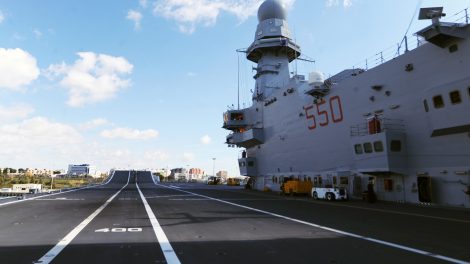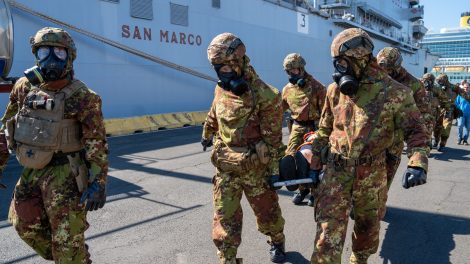Checking up on Italy’s international missions. On Monday, the Council of Ministers reviewed and approved the country’s ongoing efforts and development cooperation initiatives outside of national boundaries. It also greenlit new interventions in support of peace and stabilisation processes, confirming a proposal by Prime Minister Giorgia Meloni and Foreign Minister Antonio Tajani.
- President Sergio Mattarella and Parliament are in the loop through communications and an analytical report on the missions’ progress.
Italian efforts around the world. In 2023, Italy’s Armed and Police Forces will keep contributing to stabilisation operations such as the UNIFIL mission in Lebanon and NATO’s KFOR (Kosovo) and NMI (Iraq). They will also participate in new operations, namely:
- the European Union Military Assistance Mission in Ukraine (EUMAM Ukraine);
- the European Union Border Assistance in Libya (EUBAM Libya);
- the European Union Military Partnership Mission in Niger (EUMPM Niger);
- and a bilateral support mission in Burkina Faso.
Traditional alliances and new friends. The geo-strategic framework remains marred by persistent and enduring factors of instability and is aggravated by the Russian-Ukrainian conflict. Italy continues to operate in the enlarged Mediterranean area, its natural projection area, and aims to maintain a naval presence in the Indo-Pacific.
- The strategy underpinning the deployment of military assets remains based on Italy’s “traditional adherence” to United Nations, NATO and European Union initiatives…
- … but does not neglect “the possibility of cooperation, within ad-hoc coalitions, with countries and actors with which we share collaborative relationships or alliances,” reads the official communiqué.
Bottom line: Italy confirms its presence within the transatlantic engagement framework, with the Meloni government confirming the country’s Atlanticist positioning and doubling down on Italy’s strategic interests beyond the Russian-Ukrainian conflict, where Rome is showing NATO and Indo-Pacific allies its reliability.
- On the one hand, the new ventures within the Indo-Pacific region are part of an unfolding expansion of foreign policy visions.
- On the other, those in the expanded Mediterranean quadrant confirm Italy’s willingness to mark its presence in its natural geopolitical projection area – through the mission in Libya, most crucially, as well as those in Niger and Burkina Faso.
Watch out for Africa. The proliferation of armed groups and the growing number of institutional crises – such as the very recent one in Sudan – is heavily impacting security and stability in the Sahelian area. For Italy, this entails narrower security issues (potential risks of terrorist developments and migration) as well as loss of influence to the benefit of rival actors (with repercussions on the economic/commercial and political framework).




